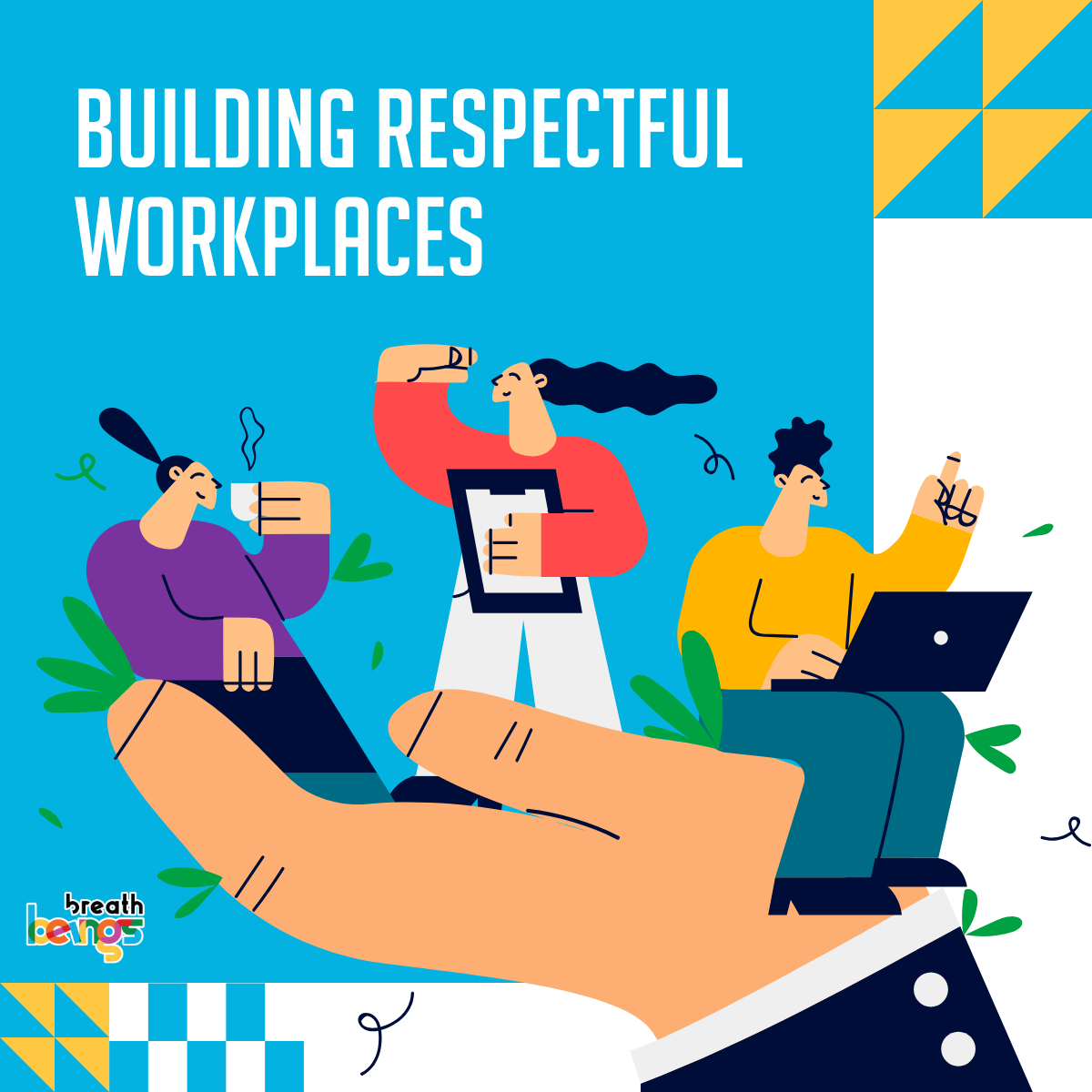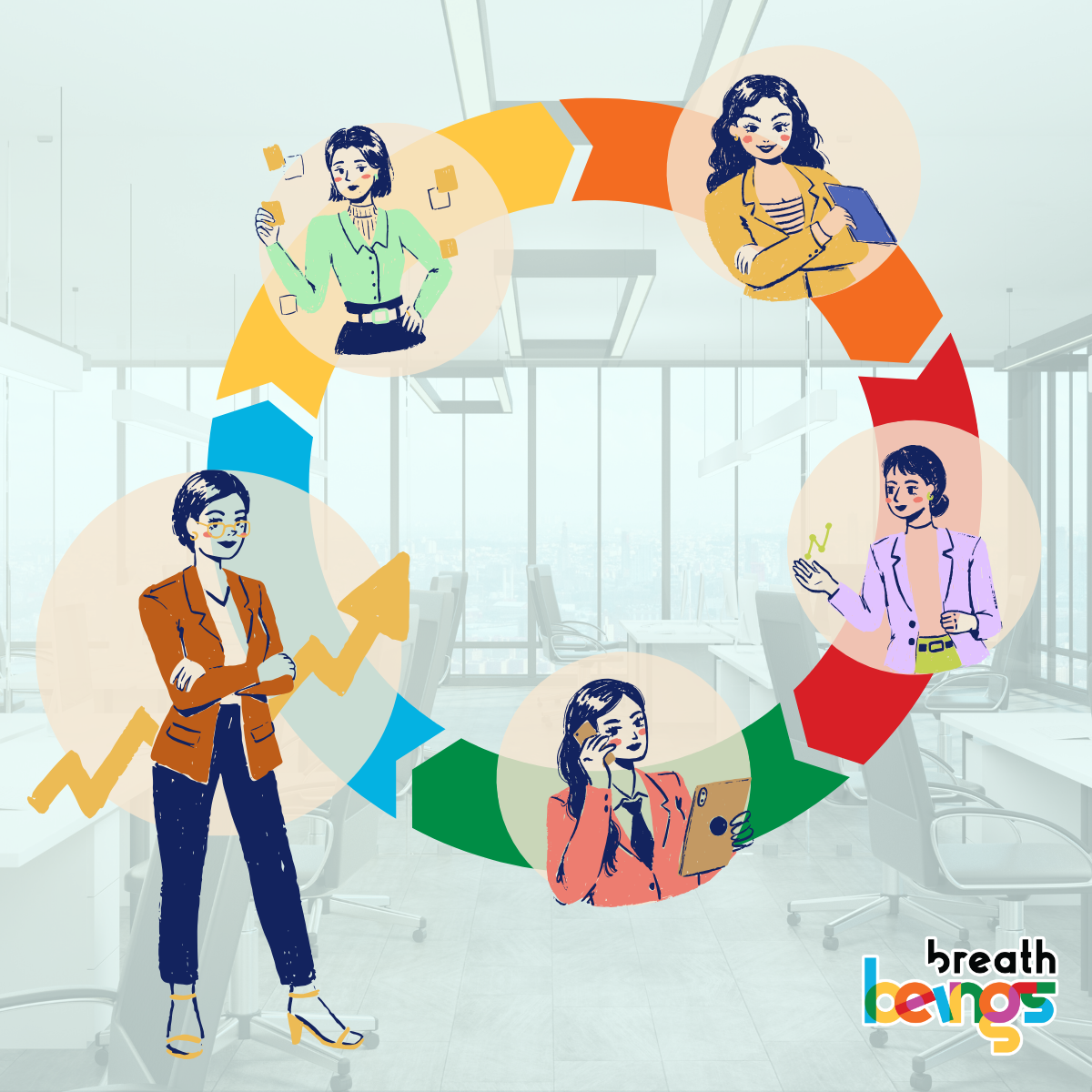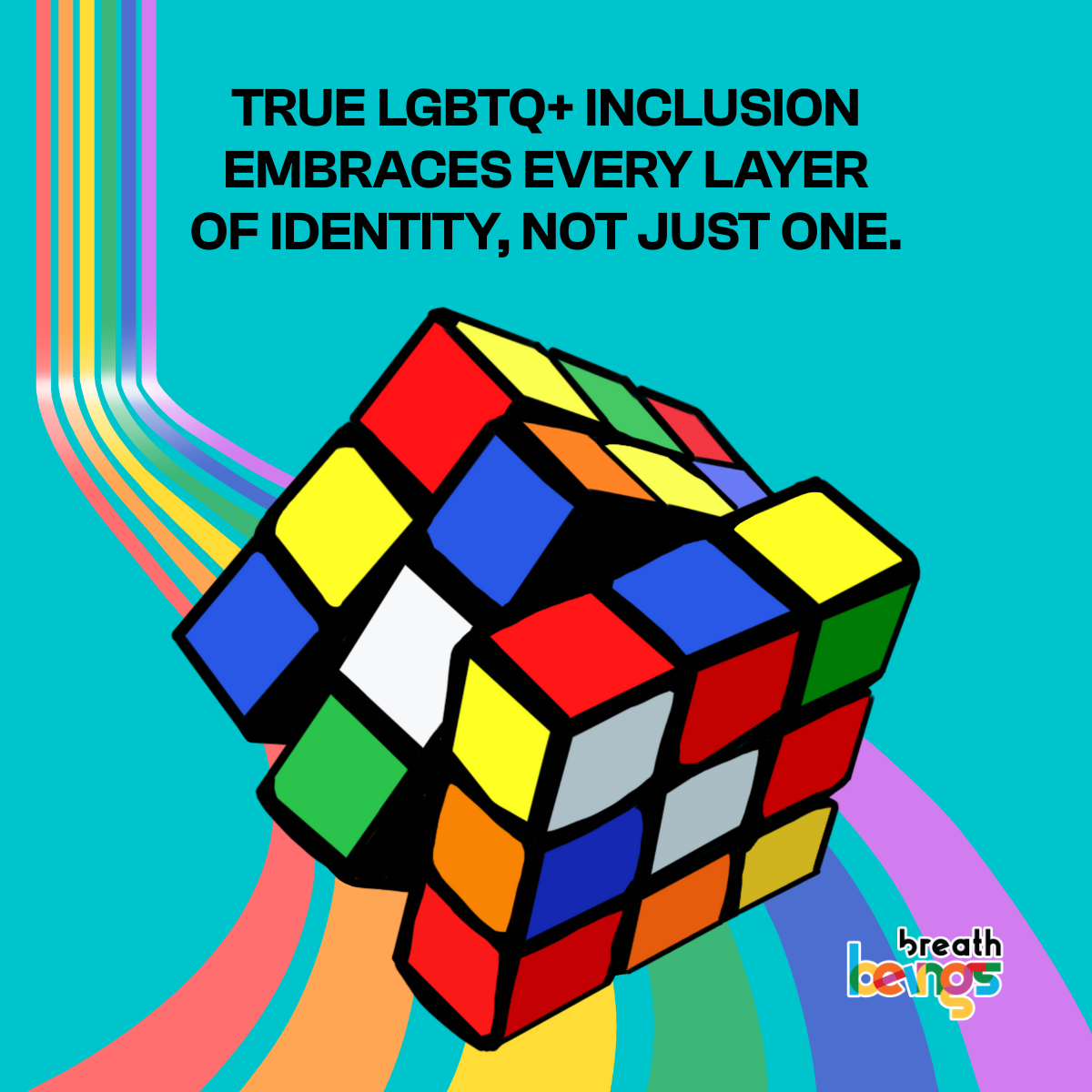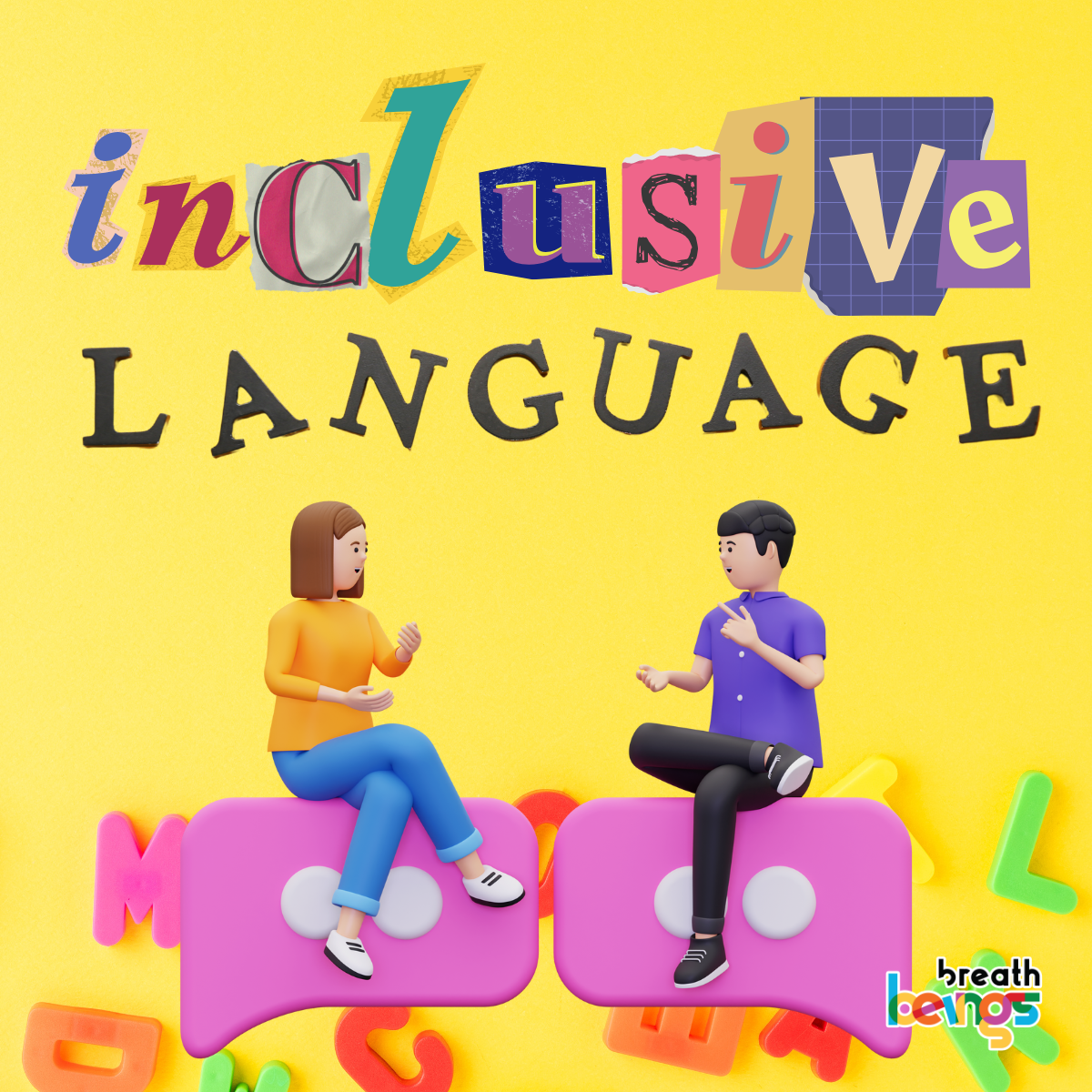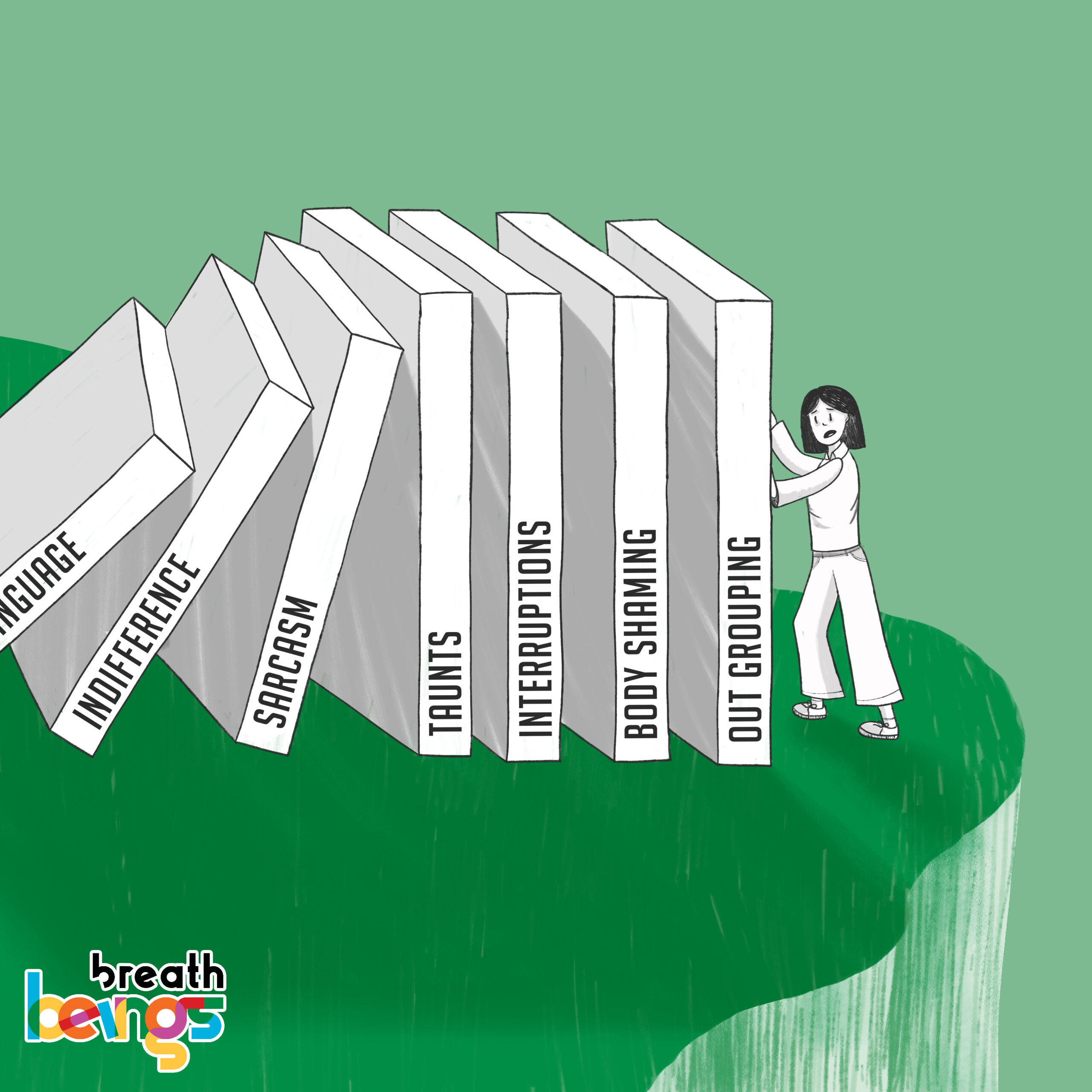“Blizzard was my dream job. When I would try to be more social and attended events, I’d be subjected to sexual harassment, unwanted advances and comments… I just wanted to do my job and go home.”
In 2021, California’s Civil Rights Department sued game developer Activision Blizzard with disturbing allegations about the prevalence of sexual harassment, discrimination, and a deeply ingrained “frat boy” culture. Statements like above from employees like Christine and a multi-year investigation by California regulators detailed a toxic workplace where women were subjected to constant harassment, passed over for promotions, forced to consume drinks, paid less than men for similar work, and much more.
The fallout was swift and explosive – employee walkouts, executive departures, and a nearly US$50 million settlement with victims. It shone a harsh spotlight on the insidious ways harassment and abuse of power can proliferate when left unaddressed within an organization.
As the gaming industry continues to reckon with these allegations, it’s clear this is part of a much broader societal reckoning businesses can no longer ignore. Years ago, the rise of the #MeToo movement thrust workplace sexual misconduct into the public consciousness, sparking uncomfortable but crucially important conversations about harassment, respect, and the desperate need for systemic change.
At the forefront of driving this change are comprehensive Prevention of Sexual Harassment Internal Committee training or POSH IC training initiatives, particularly for those in management roles.
What constitutes harassment? What does a respectful culture look like? These are just some of the basic, foundational definitions that POSH awareness training sets in place. This training isn’t just a box to check off – it’s about fundamentally redefining the power dynamics and behaviors that enable harassment to proliferate.
There’s more to the training!
Let's take a look at some of the reasons why it's imperative for organizations today to consider a POSH e-learning course.
Adjusting perspectives
On the surface, we may think we understand sexual harassment – the textbook definitions and blatantly inappropriate behaviors are obvious and visible. But there are nuances, shades of gray, and layers to this that require deeper understanding. Harassment manifests in covert and subtle ways, and sometimes it’s not even physical. Hence, employees, both men and women, at every level must have a true picture of what constitutes harassment that goes beyond just the obvious violations.
Adapting to different environments
The way we work has rapidly evolved, with more virtual meetings, remote work, and non-traditional office environments. But sexual harassment can happen anywhere, to anyone, even virtually. Bullying, targeting one’s gender, religion, or sexuality, sending sexually explicit messages or talking in innuendos, can all happen without the involved parties ever being physically present in the same space.
Being aware of what qualifies as harassment in these new workplace contexts where the lines can become even blurrier is the need of the hour.
Intent vs impact
One of the most critical mindset shifts is understanding that harassment isn’t about intent – it’s about the impact on the recipient. Even if a comment or behavior was meant lightheartedly, if it makes someone uncomfortable or demeans them, that’s harassment.
Employees and management alike need to know how to respect personal and professional boundaries.
Reading the room
A big part of being respected and giving respect is being attuned to one’s environment and the impact of one’s language or actions. Aggressive language, inappropriate gestures, and casual profanity may not be intentionally meant to harass, but they contribute to a culture where harassment can more easily flourish.
POSH training separates the nuances and lays them out for clarity, helping an organization to be mindful and considerate of those around them.
Hidden realities
In 2016, the US Equal Employment Opportunity Commission released an alarming statistic. It estimated that approximately 75% of workplace harassment incidents go unreported.
There are many complex reasons why victims often don’t come forward, from fear of retaliation and not being believed, to the stigma and trauma surrounding the experience. But this unacceptable statistic highlights the yawning gaps in many organizations around robust reporting mechanisms, accountability checks, and the existence of a safe space. Which brings us to our next point.
Creating a speak-up culture
Fostering an environment where people feel safe and empowered to have these difficult conversations is the first step in creating a culture of authenticity.
POSH training helps dismantle the cultures of silence that allow harassment to happen and go unreported. It helps create opportunities for open and honest dialogue, ensures there are trusted avenues for reporting grievances, and teaches an organization to appropriately address issues raised, no matter how “minor” they may seem.

The importance of bystanders
It’s also crucial that management and employees understand the role of the bystander and how turning a blind eye to demeaning or harassing behaviors implicates them in allowing this toxic culture to persist.
Whether it’s speaking up in the moment, supporting the victim, or escalating the report, bystander intervention training equips people with the tools to take action and not be silent observers.
Holding leadership accountable
Of course, all of this hinges on the women’s leadership fully embracing their immense responsibility in addressing and preventing harassment. They need to be champions of POSH policies, embody the highest standards of respectful conduct, and be proactive to set the right tone for the entire organization.
The path forward requires comprehensive cultural transformation, with the POSH e-learning course as a critical catalyst. When everyone from executives to entry-level employees has a genuine understanding of harassment through a nuanced lens, power imbalances will start righting themselves. It’s an ongoing process, but one that’s essential for making our workplaces safer.
With great power comes great responsibility. And POSH enables everyone to be powerful as well as be empowered.




